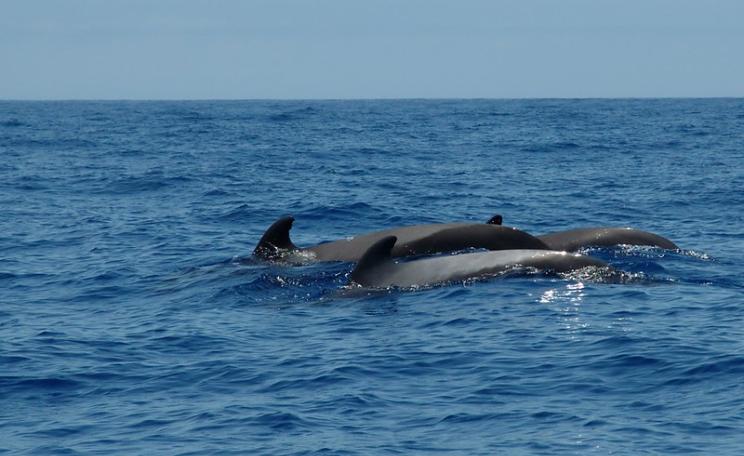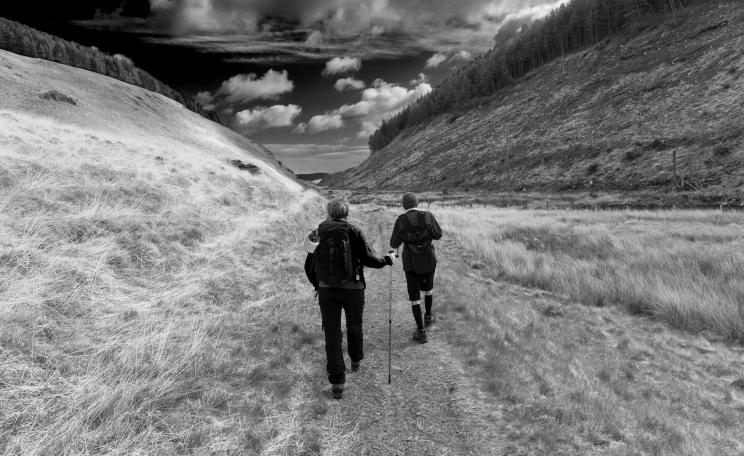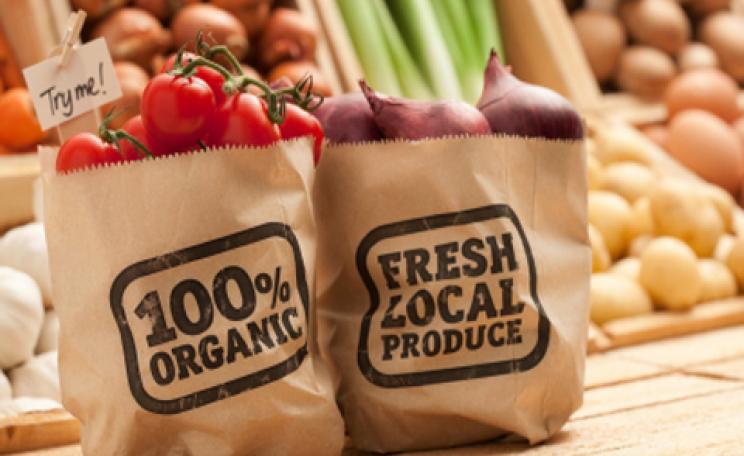Under a brooding sky on the Faroe Islands, I’m engaged in a mental battle. I’m forming, adjusting and reforming opinion on a controversial practice that has been taking place here for centuries; the pilot whale hunt.
Elsewhere on the islands, another battle is taking place. Fishermen are chasing down a pod of pilot whales, fighting tides and inclement weather as they manoeuvre their boats to drive the mammals into shallow water, where men with knives will wade into the surf to kill them.
The sea will turn red, dorsal fins will splash frantically in the bloody water and dead pilot whales will be dragged ashore. On the beach a quick audit will be conducted before the carcasses are carved up and divided in accordance with ancient rules; the finder (whoever spotted the pod) will get a whole whale, the other hunters will take equal shares and whatever meat is left will be distributed to the local community.
Detach yourself from the ugliness of it and the whale hunt is a shining example of community spirit; when news of a pod sighting spreads, often via Facebook and text message, adults in the vicinity are dismissed from work, children are let out of school and everyone gathers on the beach. There’s an almost carnival atmosphere about the occasion.
Locals brave the miserable Faroese weather, as they have done for hundreds of years, waiting for the whales to come. Excitedly, they watch skippers drive the pod inland, before practicing the ancient art of whale sacrifice, which has provided these isolated islands with a food source for generations.
Although food security is no longer an issue here, imported produce is expensive unlike whale meat, which is free. And while islanders enjoy all the modern comforts that we do in Britain, they are much more in touch with the food they eat and its place in the environment; most of the islanders I speak to, think the idea of buying fish from a supermarket is lunacy.
I pitch it to those I meet that the whale hunt is cruel, which is my biggest problem with it. “It’s not as bad as people think,” says Jóhan Joensen, head chef at Áarstova in Torshavn. “Hunters cut the spine first so it loses all sense of feeling.”
Watch videos of the hunt and they tell a different story. Before the fatal wound is delivered, whales are dragged through shallow water by a hook, which hunters drive into their blow holes. Once beached, the fatal blow is delivered (not always on the first attempt) and the mammals writhe around in their own blood as the life ebbs away from them. Locals laugh and smile; you could accuse them of enjoying it too much.
“It is inherently cruel for the whales,” says Jennifer Lonsdale, director of the Environmental Investigation Agency. “There is no guarantee the whales will be killed quickly; some will have to wait in turn for their death and others will be driven onto rocks which will cause scratching.”
Even if they are killed instantly, Jennifer believes the panic and sense of foreboding beforehand will be extremely stressful for the pilot whales.
“If a mother and child get split up this will cause extreme anxiety,” she says. “After the first whale is struck, others will be able to taste blood in the water, which must be hugely distressing. During the hunt you can hear them squeaking, which they don’t normally do.”
I didn’t need Jennifer to tell me it was cruel, I knew that.
But as horrified as I was by the hunt videos I saw, was I really in a position to criticise? What about the fish I’ve eaten, was their death not distressing? Or the cows, sheep and chickens we breed in Britain for the sole purpose of consuming? Are their lives less important?
“I find it more f***ed up breeding an animal to take to a slaughter house, where men in white coats kill them, put them in plastic packaging and send them to the supermarkets,” explains Teitur Lassen, a Faroese singer songwriter. “At least the whales are free in the wild before they are killed.”
Salient points from either side, but rather than helping me form opinion on the hunt, they raised questions about my own values. So I talked sustainability with Jennifer, to see if there was anything else that could persuade me to get off the fence.
“The Faroese have conducted research and they speculate there are about three quarters of a million pilot whales in the North Atlantic,” she says.
“But what they haven’t done is look into how they are split into different populations, which is bad science. It could be that they are eliminating one sub species after another.”
However, it is sensible science that provided me with much needed clarity on the subject. Both foreign and Faroese scientists have linked pollutants found in whale meat (which come in the form of organochlorides, mercury and other contaminants), to a cocktail of health problems including cancer, immune deficiencies, male infertility, Parkinson’s disease and slower development within children.
“We find it astounding that the government hasn’t banned it,” says Jennifer. “When we had the BSE problem they banned British beef.”
The government haven’t completely buried their heads in the sand; they advise men not to consume more than 200g of whale meat per week, while suggesting pregnant women and children abstain.
Health risks considered the whale hunt seems as pointless as it does cruel. I know it’s cultural, I know it’s a part of the islands’ heritage, but there are Chinese restaurants and pizzerias in the Faroe Islands nowadays, so why chase toxic whales around the ocean?
With more research planned, it has been suggested that, despite the Faroe’s fierce protection of its traditions, the whale hunt will eventually be banned on health grounds. Conservationists will hail it as a good day, but it won’t be. Instead, it will mark the day when a long, albeit brutal, tradition was swept away not by discourse and changing attitudes, but mankind’s degradation of the world’s oceans and the life within them.
Gavin Haines is a freelance journalist. Follow him: @gavin_haines







